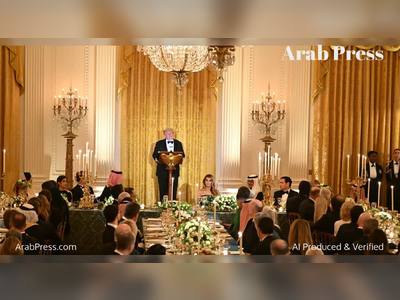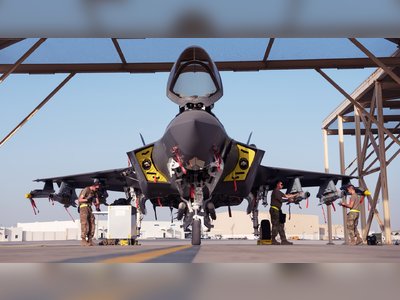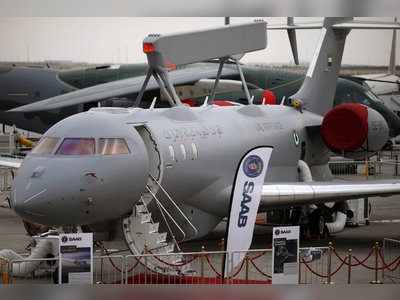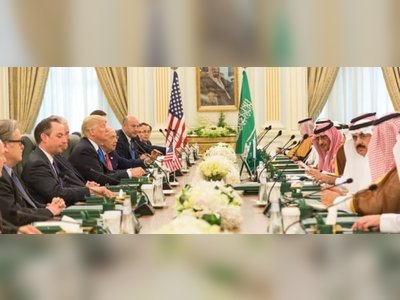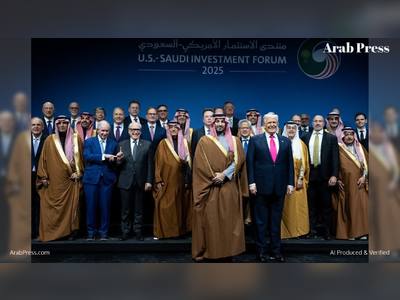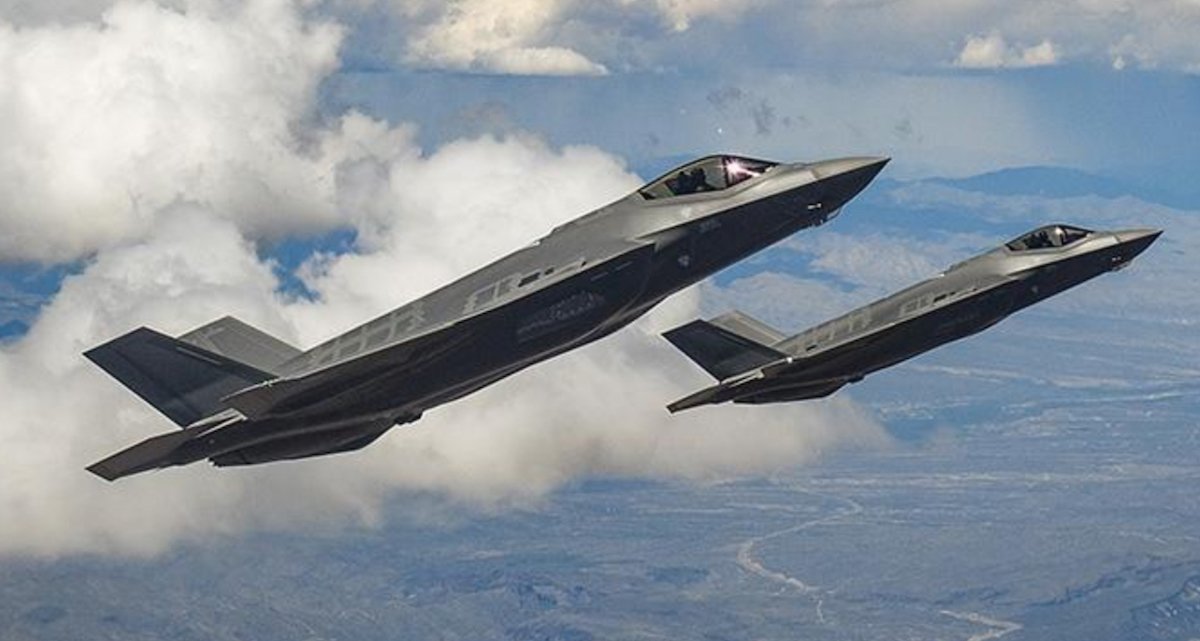
Saudi F-35 Deal Likely Years Away: Fort Smith Training Centre Not Yet an Option
Despite US plans to sell F-35 jets to Saudi Arabia, pilot training in Arkansas remains uncertain and faces major hurdles.
Although President Donald Trump formally announced on 17 November that the United States will sell up to 48 F-35 stealth fighters to Saudi Arabia, executives at Ebbing Air National Guard Base in Fort Smith, Arkansas say Saudi pilot training there is not imminent.
The training centre, originally selected in 2023 to host foreign-military-sales partner pilots, faces significant delays before Saudi personnel may use it.
The base, home to the 85th Fighter Group and 57th Fighter Squadron under the 33rd Fighter Wing, was chosen in March 2023 as the long-term Foreign Military Sales pilot-training hub for nations such as Finland, Switzerland and Poland.
Though additional contracts have expanded the facility’s capacity to accommodate up to 36 F-35 jets for training, the United States Air Education and Training Command emphasises that no final decision has been made regarding Saudi involvement or timing.
Key obstacles include the absence of a signed arms-sale contract with Riyadh, the need for variant-specific production of the F-35 for Saudi purchase, and sensitive congressional scrutiny over technology transfer to a major Gulf ally.
Industry sources suggest that Lockheed Martin could require multiple years to build a Saudi-specific F-35 variant that meets U.S. safeguards.
Meanwhile, the recently equipped Arkansas training base still awaits full operational readiness for the full scope of partner nations.
While the new U.S.–Saudi strategic defence agreement underscores growing cooperation, regional security players, especially Israel, are watching closely.
Any future Saudi deployment of F-35s would require protections for Israel’s qualitative military edge.
Training logistics represent a less-visible but crucial part of the alignment.
For now, Arkansas officials and U.S. Air Force planners confirm that ‘‘no details are settled’’ about Saudi use of the facility and that ‘‘it could be years’’ before Saudi pilots train in Fort Smith.
The announcement nonetheless signals a broader U.S. pivot in Middle East defence policy, and it highlights how military-sales architecture—from production lines to pilot-training pipelines—remains deeply interconnected with diplomacy, congressional oversight and regional strategic balances.
The training centre, originally selected in 2023 to host foreign-military-sales partner pilots, faces significant delays before Saudi personnel may use it.
The base, home to the 85th Fighter Group and 57th Fighter Squadron under the 33rd Fighter Wing, was chosen in March 2023 as the long-term Foreign Military Sales pilot-training hub for nations such as Finland, Switzerland and Poland.
Though additional contracts have expanded the facility’s capacity to accommodate up to 36 F-35 jets for training, the United States Air Education and Training Command emphasises that no final decision has been made regarding Saudi involvement or timing.
Key obstacles include the absence of a signed arms-sale contract with Riyadh, the need for variant-specific production of the F-35 for Saudi purchase, and sensitive congressional scrutiny over technology transfer to a major Gulf ally.
Industry sources suggest that Lockheed Martin could require multiple years to build a Saudi-specific F-35 variant that meets U.S. safeguards.
Meanwhile, the recently equipped Arkansas training base still awaits full operational readiness for the full scope of partner nations.
While the new U.S.–Saudi strategic defence agreement underscores growing cooperation, regional security players, especially Israel, are watching closely.
Any future Saudi deployment of F-35s would require protections for Israel’s qualitative military edge.
Training logistics represent a less-visible but crucial part of the alignment.
For now, Arkansas officials and U.S. Air Force planners confirm that ‘‘no details are settled’’ about Saudi use of the facility and that ‘‘it could be years’’ before Saudi pilots train in Fort Smith.
The announcement nonetheless signals a broader U.S. pivot in Middle East defence policy, and it highlights how military-sales architecture—from production lines to pilot-training pipelines—remains deeply interconnected with diplomacy, congressional oversight and regional strategic balances.
